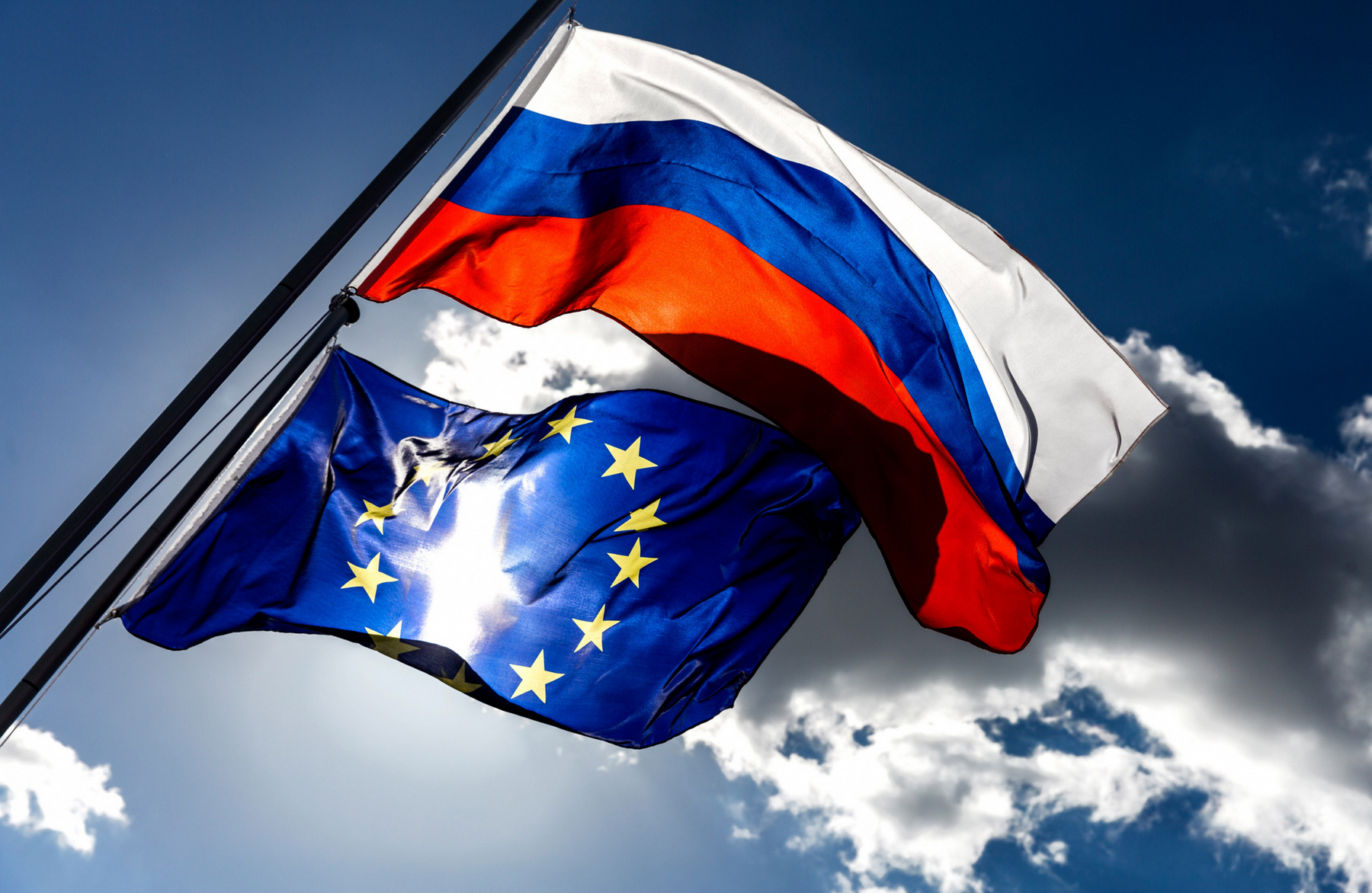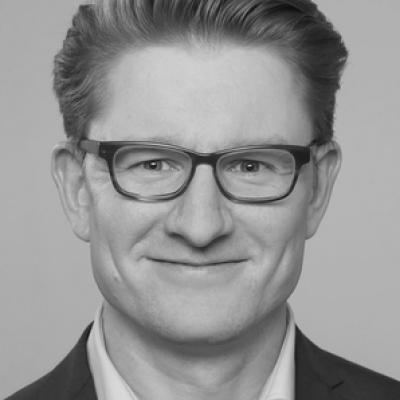Trade policy between the EU and Russia is a field of lofty visions and a sobering reality. The visions are best exemplified by the idea of a common economic space and free-trade zone from “Lisbon to Vladivostok”, a proposal pitched by Putin to the German audience in an article in Süddeutsche Zeitung in November 2010. The less inspiring reality could be best observed after Russia’s WTO accession in 2012, when Moscow’s persistent protectionism triggered various trade disputes with the EU.
Since then, trade policy has been mostly paralyzed amid deteriorating EU-Russia relations. Reacting to the annexation of Crimea and Russia’s role in the war in the Donbas, the EU imposed economic sanctions on Russia and froze talks on a new partnership agreement with Russia, leading observers to conclude that Putin’s “Lisbon-Vladivostok” vision was dead.
Six years later, some capitals of Europe led by Paris and Berlin are searching for ways to return to a cooperative agenda with Moscow, and the “Lisbon-Vladivostok” idea is resurfacing. Emmanuel Macron brought up “Lisbon-Vladivostok” when he tried to charm Vladimir Putin in his summer residence at Fort Bregancon in August 2019. In Germany, Merkel’s current government included the common economic space in its 2018 coalition treaty. Also from Berlin, an initiative led by the German-Russian business community, including industry heavyweights like Germany’s Siemens and Russia’s Severstal, is lobbying for talks between the EU and the Eurasian Economic Union (EAEU) that should eventually lead to a free trade zone.
The “Lisbon-Vladivostok” vision is re-appearing for political reasons. Especially in Germany, some see it as the outstretched hand from Putin that was fatally ignored by the West; they hope that reversing that mistake could bring back the status quo ante. Others think talking trade with Russia could lead to positive spillovers to security issues. It could potentially help de-escalate tensions while keeping Moscow from drifting too far into China’s orbit.
But is Moscow actually intrigued by the idea of deeper trade relations? Could re-opening trade talks really improve the relationship? Putin and Russian diplomats like to discuss “Lisbon-Vladivostok” with Europeans, certainly. Yet nothing in Moscow’s actions suggest it is actually interested in realizing the vision today — or has been in the past, for that matter.
This underlying recalcitrance is visible in Russia’s economic policy since 2014. The most important goal of Russia’s economic planners has been self-sufficiency and – as the Kremlin defines it – economic security. More liberal economists like former Finance Minister Aleksey Kudrin, one of the few voices in Moscow in favor of more trade openness, have no influence over Russia’s economic policy; state dirigisme and industrial policy are thriving.
Sanctions and the fallout with the West have been catalysts for this development. But its roots predate the 2014 events. Russia’s import substitution, even its counter-sanctions, are more than a response to Western sanctions. They mark a strong overlap of security interests, socio-economic considerations and the lobbying of special interest groups. Lowering trade barriers with the EU, and even more so free trade, would go against all three.
Vested domestic interests
An analysis of the winners and losers in a hypothetical economic scenario of a deep EU-EAEU free trade agreement shows why. At first glance, the bottom line prediction looks positive: the average Russian would gain 3.1% in real income in the best free trade case (the scenario is based on pre-sanctions data). However, the devil is in the detail.
Under free trade with the EU, the main beneficiaries would be the Russian oil industry. This may be surprising, as the EU currently does not impose tariffs on oil or gas. Yet it is the abolishing of non-tariff barriers that would lead to better transfer of Western equipment and know-how to Russia. This would improve the oil sector’s productivity. Beyond oil and gas, the second biggest beneficiary from free trade would be in metal extraction, which may explain Severstal’s interest in free trade.
Russian manufacturing would be trumped by EU competition, with hundreds of thousands of jobs disappearing. Car production would suffer a devastating blow, reversing the effects of Industry and Trade Minister Denis Manturov’s localization policies, such as the recently opened new Daimler plant near Moscow. Especially in Russia’s “monotowns”, cities in which one company employs a significant share of the population, de-industrialization would lead to socio-economic hardship. Similarly, free trade with the EU would challenge Russia’s agriculture production, another focal point of industrial policy over the last years. Here, the effect would be much more significant than, for example, if Russia lifted its food counter-sanctions.
On the plus side, new jobs would appear in resource extraction. However, resource extraction is less labor-intensive. It demands a different skillset, and takes place in different regions of Russia. Labor mobility in Russia is low, meaning any adjustment period would be long and painful. The already high inequality among Russian regions would skyrocket. Regions blessed with natural endowments would become richer; regions without natural resources would further decline.
As this short scenario shows, trade barriers play a crucial role for the redistribution of resources and industrial policy in Russia. Free trade would pose an overwhelming political and socio-economic challenge to the Kremlin. Falling incomes among workers in manufacturing and agriculture would add to the current dissatisfaction with the political leadership. Narrow-interest groups would undermine any attempts to get closer to free trade and fight for compensation. In sum, from the Kremlin’s perspective, attempting economic integration with the EU means risking political instability. To be sure, the same reasons stand in the way of any free trade agreement with China.
By clinging on to the “Lisbon-Vladivostok” vision, Germany and France risk misunderstanding Moscow’s intentions. Russia may be willing to entertain the idea; it knows how talk of free trade leads to the questioning of sanctions. The debate itself could sow more discord in Europe, while Moscow will resist any real liberalization. So makes sense for the EU to continue the ongoing technical dialogue with the EAEU. But a new free-trade initiative will not lead to economic integration. Neither will it coax Moscow into closer cooperation with the EU in other areas.











